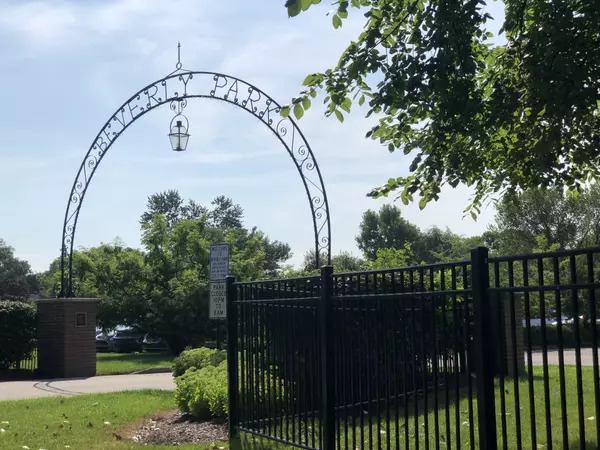Navigating Probate in Michigan

What is Probate?
Probate is the court-supervised process of settling a deceased person's estate in Michigan. If the deceased left a will, the court authenticates it and appoints an executor—often named in the will—to manage the estate. This executor will catalog assets, appraise them, settle debts and taxes, and distribute the remainder to the beneficiaries as stipulated in the will. Without a will, Michigan’s laws determine the asset distribution and the court appoints an executor.
Probate is a cumbersome process for your heirs that can be expensive and in Michigan can take 7 to 12 months. Ideally you do not want to put your heirs through the headache and hassle of the time-consuming process of probate.
Is Probate Always Necessary?
Not every estate must undergo probate in Michigan. It is typically required if the deceased did not leave a will, had only a will (without a living trust), or if there are disputes over an existing trust. However, probate can be bypassed under certain conditions:
- Assets owned jointly
- Assets with designated beneficiaries (like life insurance or retirement accounts)
- Assets placed in a living trust
There is another way to avoid probate. In Michigan, we are part of the fortunate five states that allow you to use a lady bird deed. Lady bird deeds are often used to keep property in the family without sacrificing Medicaid eligibility or subjecting the asset to state efforts to recover Medicaid costs after you die. A lady bird is not a substitute for a will or a trust but a great tool to use in estate planning to avoid probate.
The Probate Process Steps
The probate process in Michigan entails several critical steps:
1. Filing a Petition: The executor, or an interested party if there is no will, files a petition to open a probate case and appoint a personal representative.
2. Notification of Heirs and Creditors: The appointed representative must notify potential heirs and creditors, informing them about the estate proceedings.
3. Inventory of Assets: The representative must list and appraise all probate assets, which might include real estate, vehicles, personal items, and financial accounts.
4. Settling Debts and Taxes: Using the estate’s assets, the representative pays off debts, expenses, and any taxes owed by the deceased.
5. Distribution of Assets: After all obligations are met, remaining assets are distributed according to the will, or according to Michigan law if no will exists. The personal representative is tasked with selling the deceased’s house, condo or investment properties.
6. Closing the Estate: The representative submits a final account to the probate court detailing all transactions and distributions. Upon approval, the estate is formally closed.
Understanding probate is crucial for managing your expectations and responsibilities as an executor, personal representative or beneficiary.
We have helped many families create a plan for their real estate and properties called a real estate plan. We work with you to create a real estate plan and a real estate plan is a key part of an estate plan that will help preserve wealth. For more information on your real estate plan reach out to Jeff Higgins of Higgins Partners, brokered by Real Broker, LLC. You can contact Jeff directly at (248) 233-6165 or via email at jeff@higginspartners.com. We're here to help you with your real estate needs!
Disclaimer: Jeff Higgins and Higgins Partners is a licensed real estate agent specializing in helpping homeowners downsize and seniors. Higgins Partners is not a legal firm, and this blog should not be construed as legal advice. Please consult with a qualified attorney for detailed information and guidance on probate matters.
Categories
Recent Posts










GET MORE INFORMATION
Managing Partner | License ID: 6506046014
280 North Old Woodward Avenue, Suite 100, Birmingham, MI, 48009, United States
